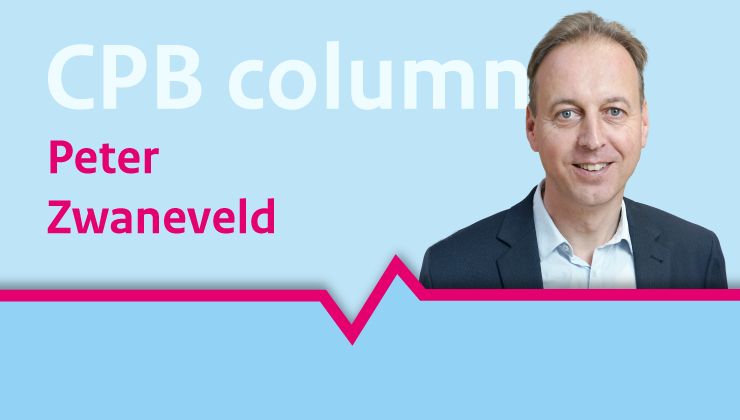Search results
October 19, 2023
Fossiele dilemma’s

May 25, 2022
Meerjarenonderzoeksplan 2022-2024
October 10, 2017
Distributionally Weighted Cost-Benefit Analysis: From Theory to Practice
In CBA practices around the world, benefits are valued regardless of to whom they accrue. This disregards basic economic principles, like declining marginal utility of income, or inequality aversion. This paper argues that if redistribution matters, net benefits must be aggregated using a distributionally weighted CBA. →
Authors
- Gerbert Romijn (2)
- Peter Zwaneveld (2)
- Christine Carabain, Andries van den Broek (SCP) (1)
- Corjan Brink, PBL (1)
- Frits Bos (1)
- Jeannette Duin (1)
- Krista Jansema-Hoekstra (1)
- Marcel Timmer (1)
- Olav-Jan van Gerwen, Kees Vringer, Gusta Renes (PBL) (1)
- Petra Messelink (1)
- Sander Hoogendoorn (1)
- Thomas van der Pol (1)
- Show all
Tags
- Climate and Environment (6)
- General welfare (6)
- Built environment (4)
- Taxation (4)
- Welfare state (2)
- COVID-19 (1)
- Cost-benefit analyses (1)
- Data science team (1)
- Health care (1)
- International analysis (1)
- Knowledge and Innovation (1)
- Labour (1)
- Long-term outlook (1)
- Macroeconomics (1)
- Model quality (1)
- Public finances (1)
- Risk and regulation (1)
- Sustainability and circular economy (1)
- Show all

